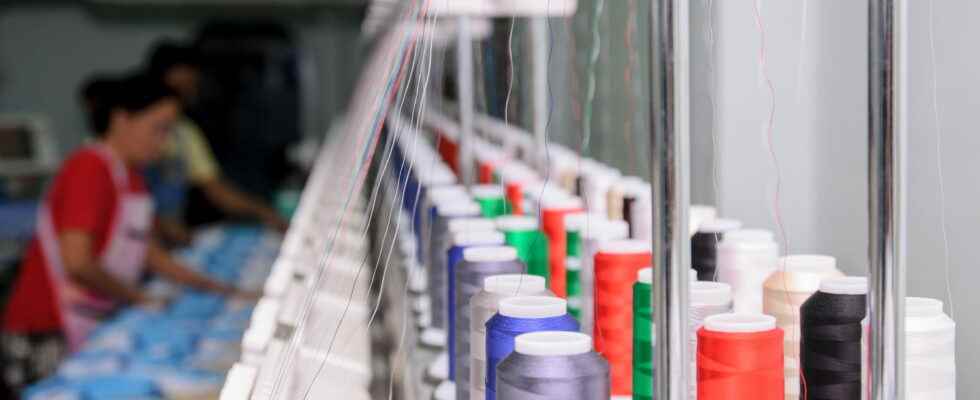The Fashion Revolution and Max Havelaar associations are launching the European citizens’ initiative “Good Clothes, Fair Pay” on July 19, 2022 to demand a living wage for those who make clothes around the world.
A living wage for all the people who make our clothes. This is the subject of the petition initiated by the associations Fashion Revolution and Max Havelaar Tuesday, July 19, 2022. To make themselves heard by consumers and public authorities, the two organizations are launching a European Citizens’ Initiative (ECI) entitled “Good Clothes, Fair Pay”. During the next twelve months, these NGOs will organize events, participate in conferences and festivals in order to collect the million signatures necessary for the European Commission to legislate on this issue. The goal they hope to see achieved? A law binding clothing brands that sell their products within the European Union (leading ready-to-wear importer in the world) to guarantee a living wage to all persons employed along their production chain.
A living wage, not a minimum
If Fashion Revolution and Max Havelaar take up this theme, it is because fashion workers, at 80% of female workersreceive on average a salary half as important what is necessary for them to live with dignity according to the figures of the organization Clean Clothes Campaign. Far from the living wage that is the subject of the petition “Good Clothes, Fair Pay”. But then, a living wage, what is it? “It is a human right enshrined in the Universal Declaration of Human Rights“, remember Valeria Rodriguez, advocacy manager for Max Havelaar France. “It is also a precise and technical calculation, adjusted according to the standard of living of each country, which establishes the amount an average family needs to live decently, to have access to health, education, clothing, food hunger, saving to deal with the unexpected… It is often higher than the minimum wage, which exists in many countries“, she continues. “In Bangladesh, for example, where many clothes are made, the minimum wage is 85 euros per month while the living wage should be between 250 and 300 euros“, adds Catherine Dauriac, president of Fashion Revolution France. A situation that urgently needs to be resolved, even more so when we know that “the average salary of people working in the textile and fashion sector is only 0.6% of the cost of a fast fashion T-shirt“, specifies the activist, author of the book Fashion on the social and ecological impact of fashion.
For sustainable fashion
But the petition carried by Fashion Revolution and Max Havelaar does not only concern the social aspect of the textile industry. In fact, “Good Clothes, Fair Pay” is also a way to question the consumer society and the environmental consequences of fashion. Do we really need dozens of 4-euro T-shirts whose manufacture required chemicals returned to nature, ravaged ecosystems and led to the exploitation of human beings? “The fast fashion model is overconsumption at the expense of the planet and human beings who cannot support their families. For us in Europe, fashion is a pleasure, shopping is a hobby that is supposed to make us happy, while elsewhere, this production model is based on human and environmental misery.“, protests Valeria Rodriguez. The message that she and Catherine Dauriac would like to convey to consumers: “Ask yourself who made the clothes you want to buy, under what conditions, with what materials, with what impact on the environment…“. Questions to ask yourself before each purchase to adopt a conscious and thoughtful mode of consumption.
